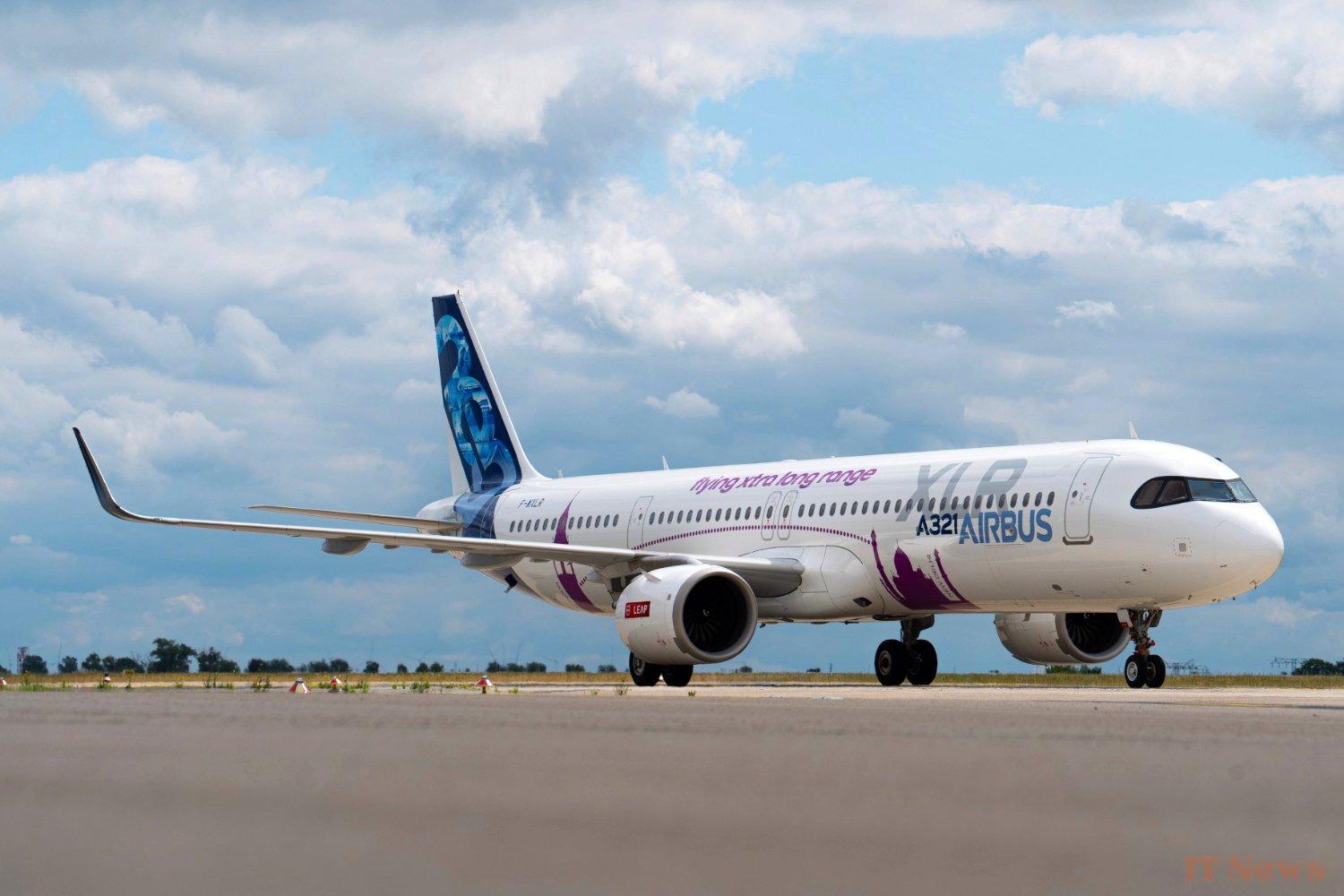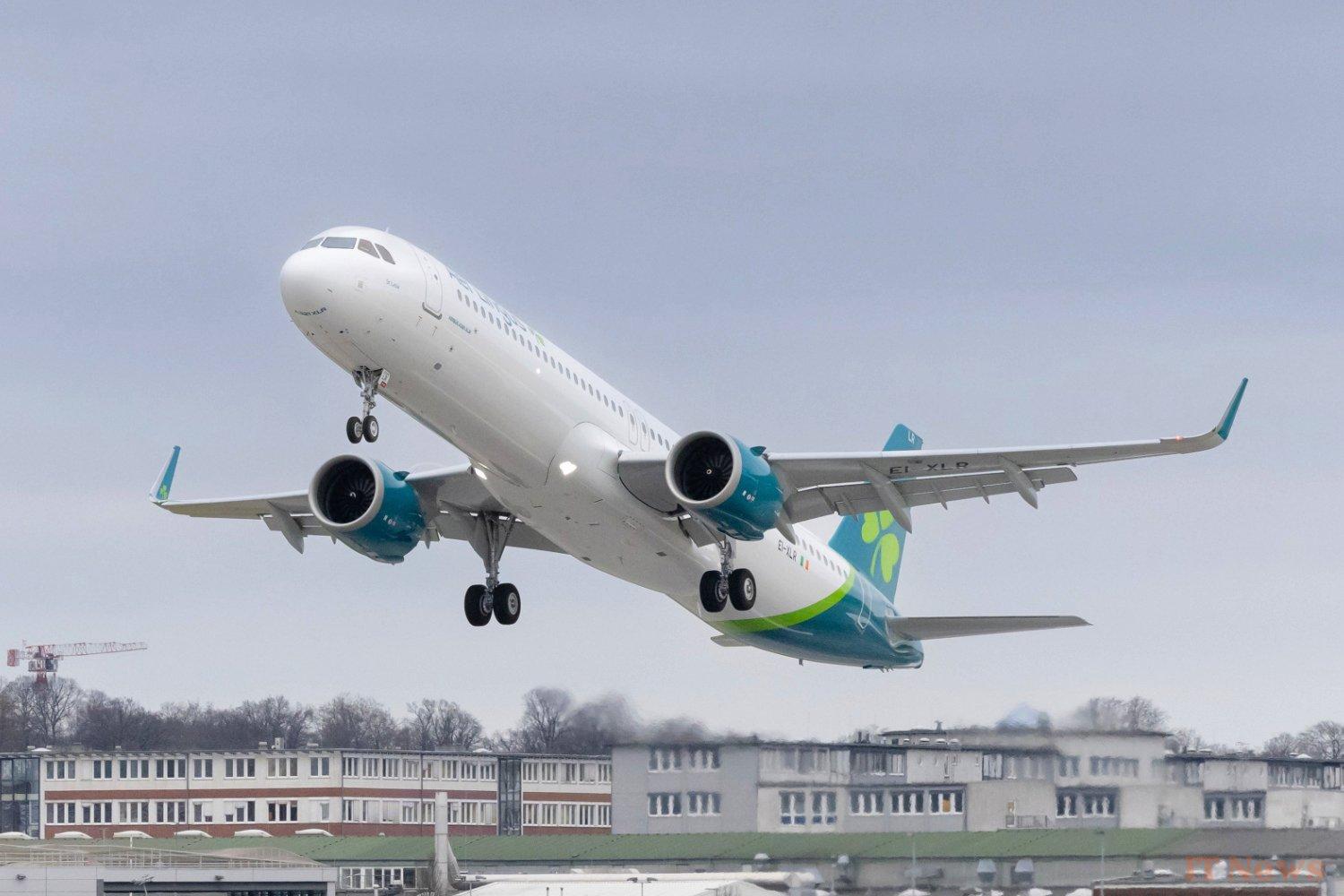A year and a half after the inauguration of a new assembly line in the Jean-Luc Lagardère factories in Cornebarrieu, near Toulouse, Airbus announced on January 29 that it would welcome the new A321 XLR for French assembly, in addition to production in Hamburg, Germany. More than 25 customers have ordered Airbus' "unparalleled" aircraft, the most versatile and enduring, thanks to its twin-engine, single-aisle format and its ability to perform long-haul flights.
The first A321 XLR was assembled last year and delivered to the Spanish airline Iberia at the end of October (a few weeks late, following a change of livery). After it, at least 500 other aircraft will have to leave Airbus' assembly centers, hence the importance for the aircraft manufacturer to offer at least two sites capable of meeting demand. The Toulouse site will not stop there since it is under construction, and plans to increase its capacities in 2026 with two additional lines (still for the A321 and A321 XLR).
In terms of workforce, there are 750 employees working today on the first assembly line of the A320 and A321 family on the Toulouse site. This was launched in July 2023, with its two future lines, should double its capacity in terms of workforce, announced Marion Smeyers, the director of the assembly line in an interview with France Bleu.
Airbus: eleven years of orders and slowly improving capacities
In 2024, Airbus easily surpassed Boeing in terms of the number of aircraft delivered, with 766 aircraft, twice as many as its American rival. The European aeronautics giant is not having its record year (863 units in 2019) but can count on demand consisting of 70% of its A321s. Airbus' new target is to reach 75 A321 family aircraft delivered on average per month to its various sites worldwide in the medium term.
The A321 XLR will be the most efficient and therefore the one with the best range in the range, as it can fly more than 11 hours and cover more than 8,400 kilometers.
Last November, the aircraft manufacturer's production rate increased, as illustrated by the company's share price, after a decline from March to October. During the month, 84 aircraft were delivered. The year was still marked by a revision of the annual target, from 800 to 770 aircraft, which Airbus ultimately missed by just 4 aircraft. In order not to disappoint investors, Airbus had relied heavily on the help of engine manufacturer Safran, which had to review its priorities and focus on the aircraft manufacturer so that it could achieve its objectives.
That said, there will be no shortage of orders, as they currently represent more than 8,697 aircraft, or 11 years of production at the current rate.




0 Comments